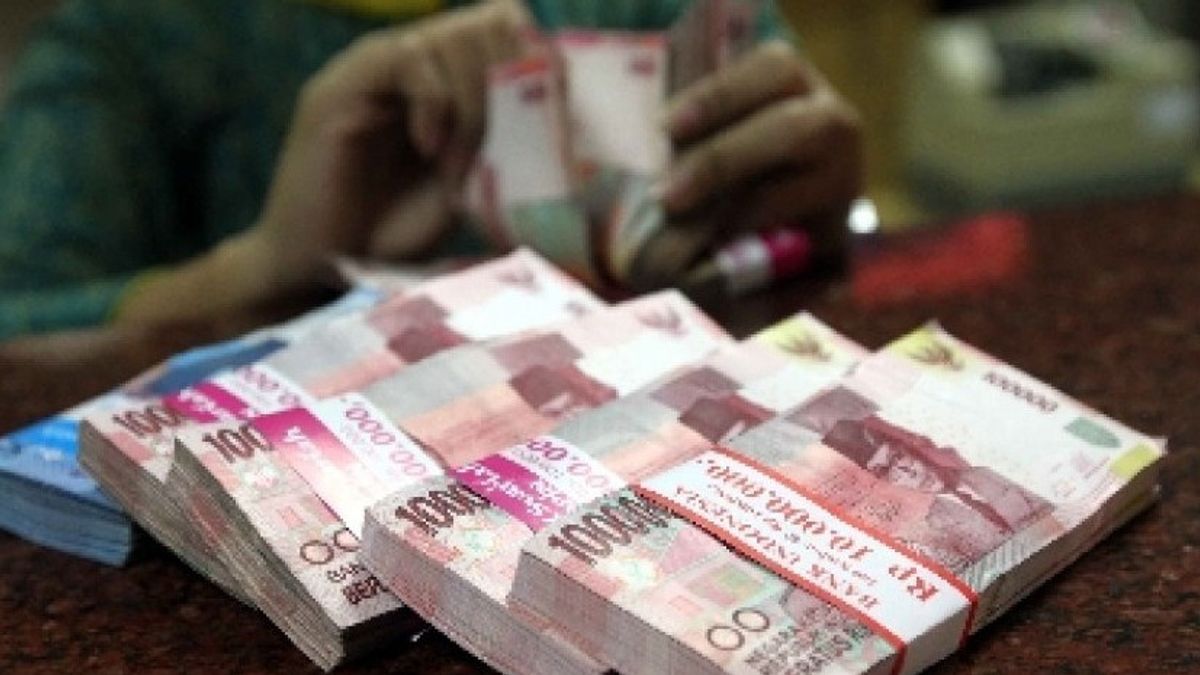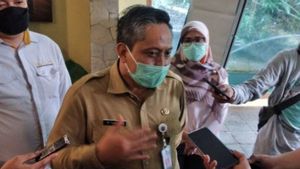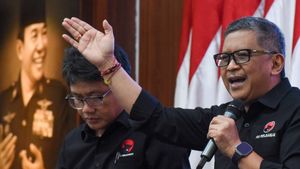JAKARTA – The Provincial Minimum Wage (UMP) of West Java (Jabar) has increased, by Rp. 1,841,487.31 in 2022. An increase of 1.72 percent when compared to the value of the UMP in 2021.
"Regarding the amount for the 2022 UMP is Rp1,841,487.31. It's more or less a two percent increase from the 2021 UMP. So the increase compared to the 2021 UMP is 1.72 percent," said West Java Regional Secretary (Sekda), Setiawan Wangsaatmaja quoting Antara, Saturday, November 20.
The policy regarding the West Java Provincial UMP in 2022 is contained in the Decree of the Governor of West Java Number 561 of 2021 and is effective since November 20, 2021.
Setiawan said, the determination of the West Java UMP 2020 was based on a number of laws such as Law Number 23 of 2014 concerning Regional Government, then Law Number 11 of 2020 concerning Job Creation and Government Regulation (PP) Number 36 of 2021 concerning Wages.
In accordance with the calculation formula in PP Number 36 of 2021, Setiawan said, which includes an upper and lower limit as well as an indicator for the current year's drink wages, there are 11 regencies/cities in West Java that have not increased (UMK/district/city minimum wages).
SEE ALSO:
"If the upper limit (UMP) has been exceeded by the current year's UMK, it means we have to follow it from this current year. There is no increase. And 16 districts/cities have an increase with an average increase of 1.60 percent," he said.
Furthermore, Setiawan also said that the reason for the West Java Governor's Decree Number 561 of 2021 and valid from November 20, 2021, was submitted on Friday night because November 21, 2020, fell on a holiday.
"This governor's decision took effect yesterday on November 20, 2021. Why are we conveying it tonight because tomorrow it falls on the 21st (November) but because the 21st is a holiday, the governor's decision is issued on November 20, 2021," explained Setiawan.
He also said that the determination of wages is also a national strategic project regulated in Law No. 23 of 2014 that the government or regional heads are obliged to carry out national strategic projects.
"Well, if we don't implement it, it means we can be sanctioned. Sanctions, if the governor does not carry out, will be sanctioned by the minister, if the regent or mayor does not implement it will be sanctioned by the governor," explained Setiawan.
The English, Chinese, Japanese, Arabic, and French versions are automatically generated by the AI. So there may still be inaccuracies in translating, please always see Indonesian as our main language. (system supported by DigitalSiber.id)

















